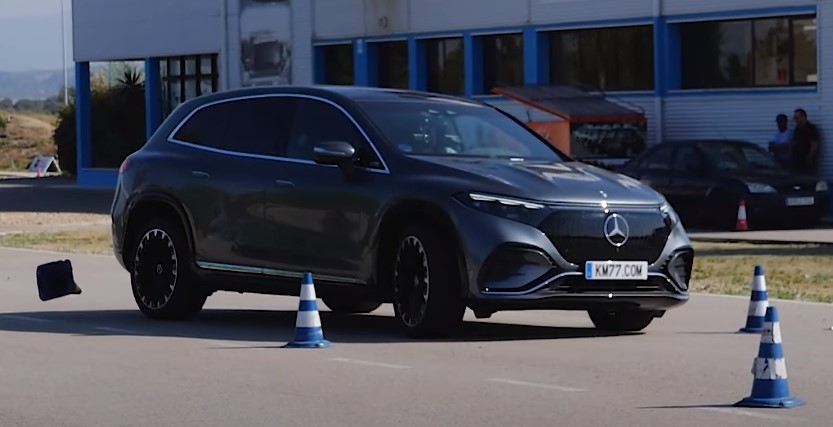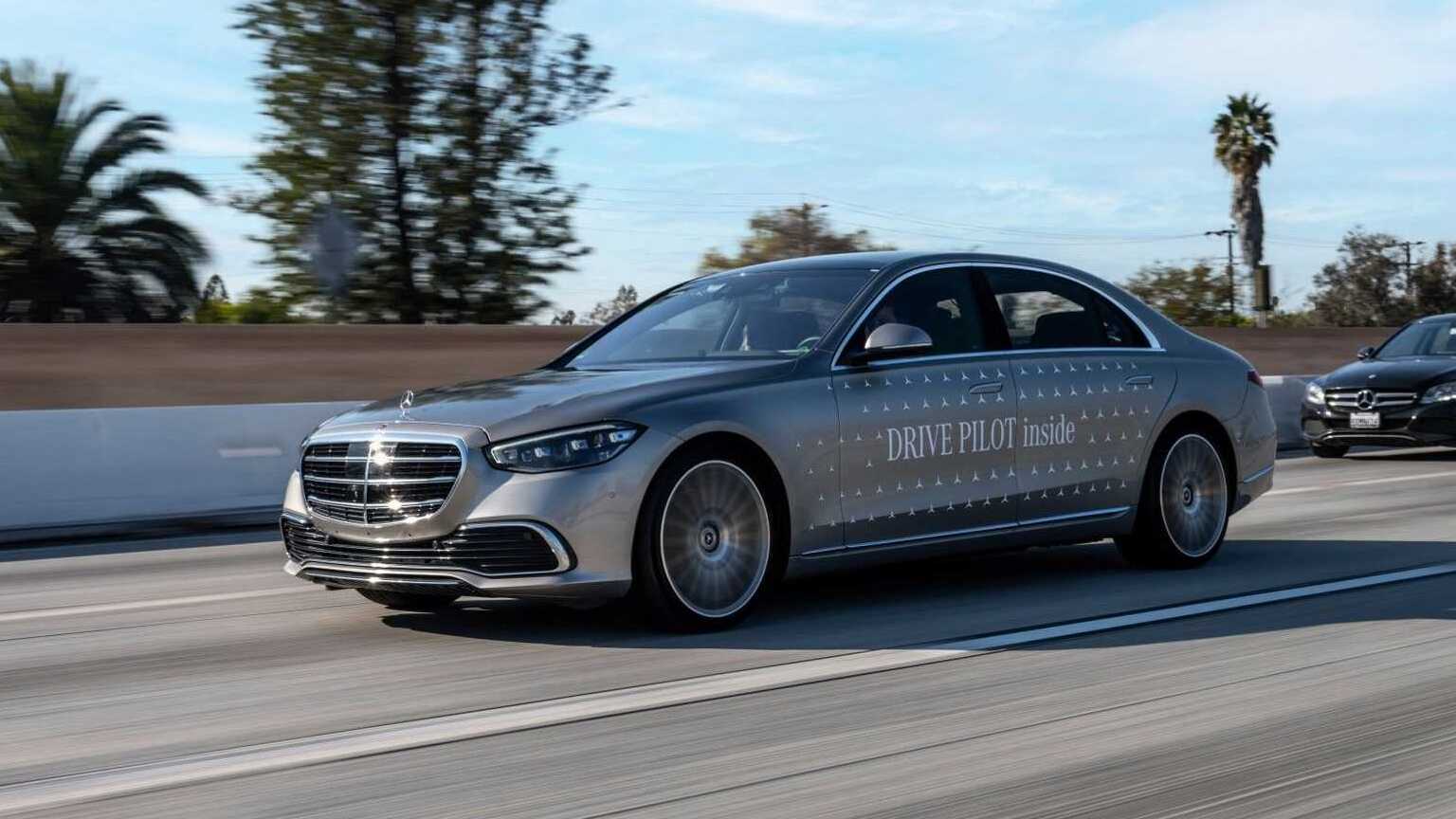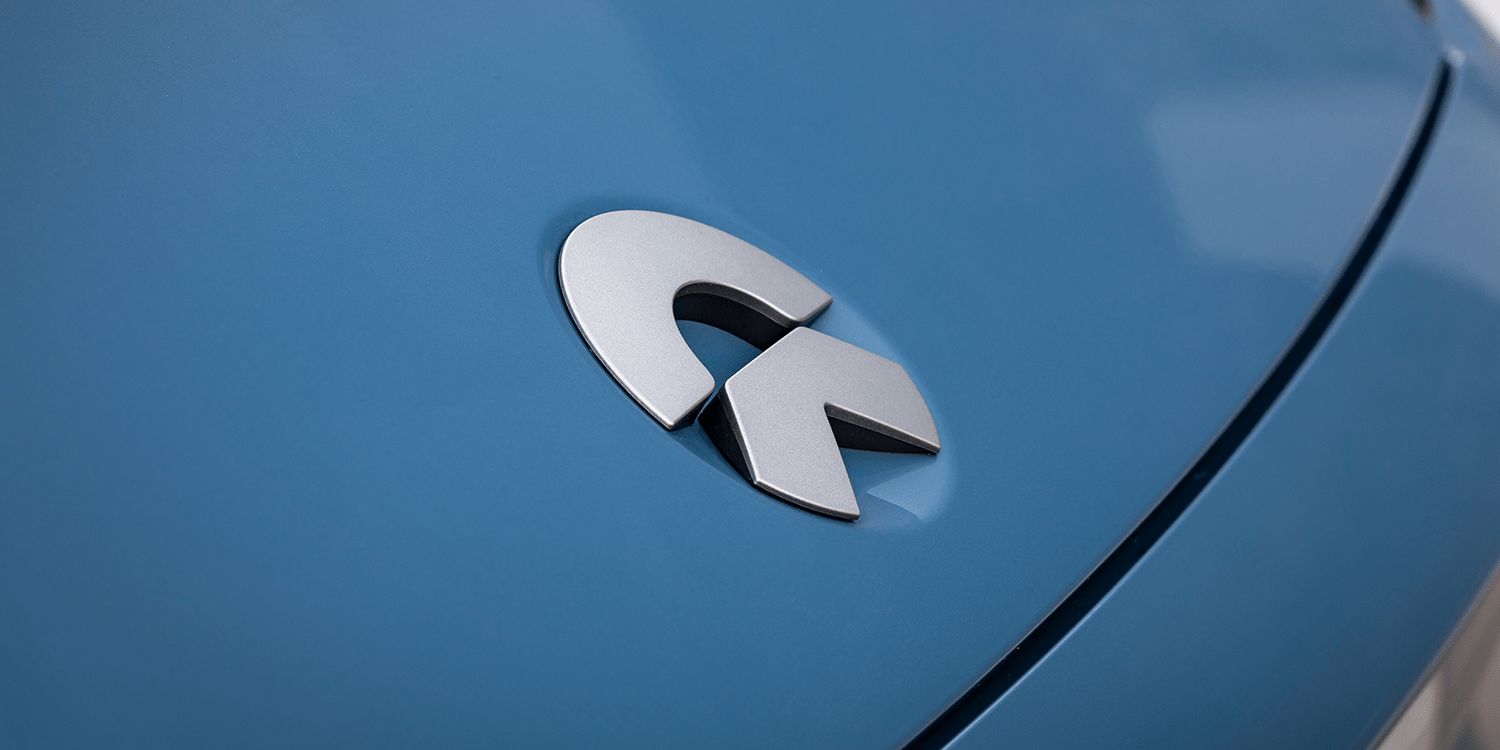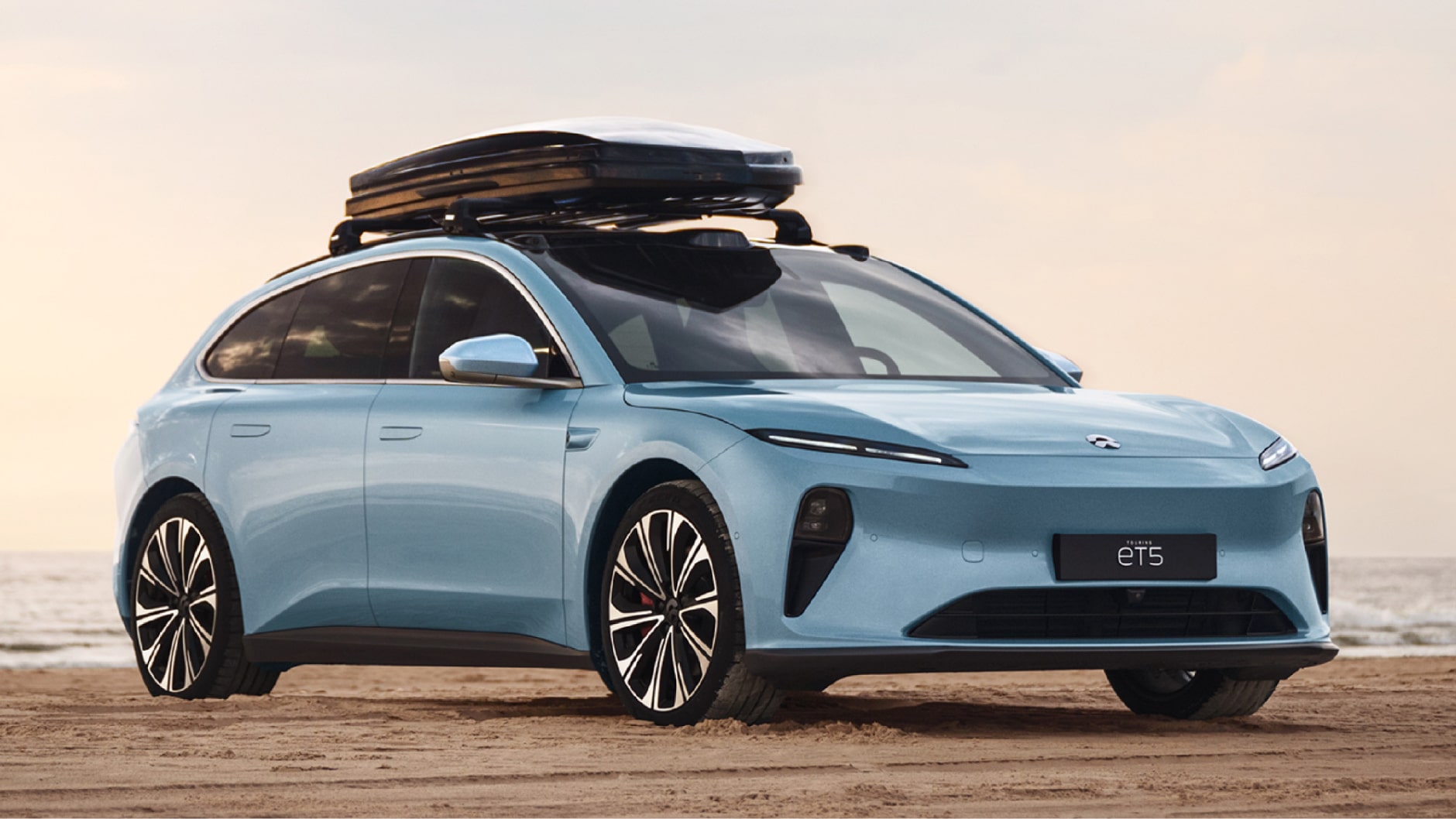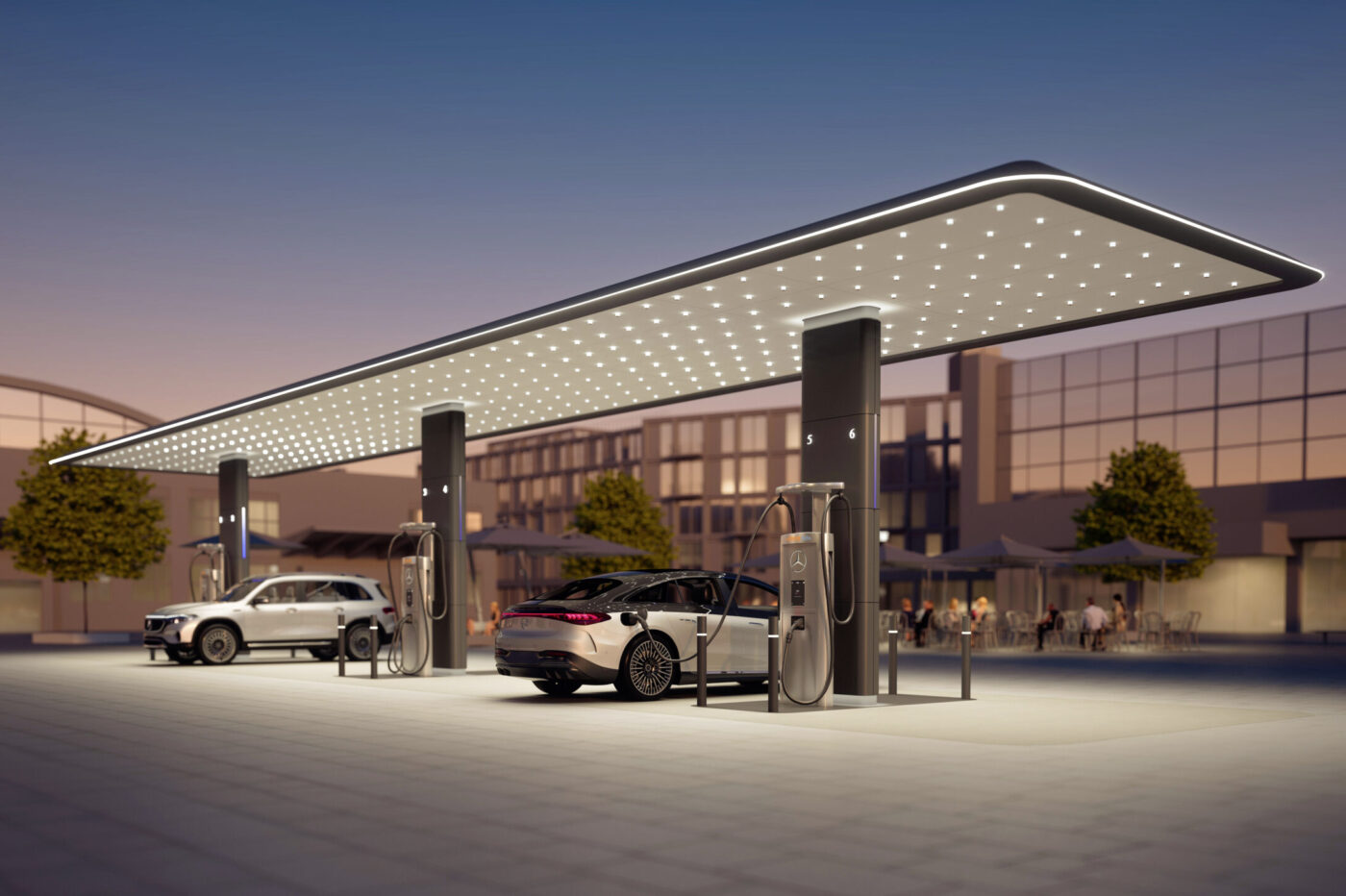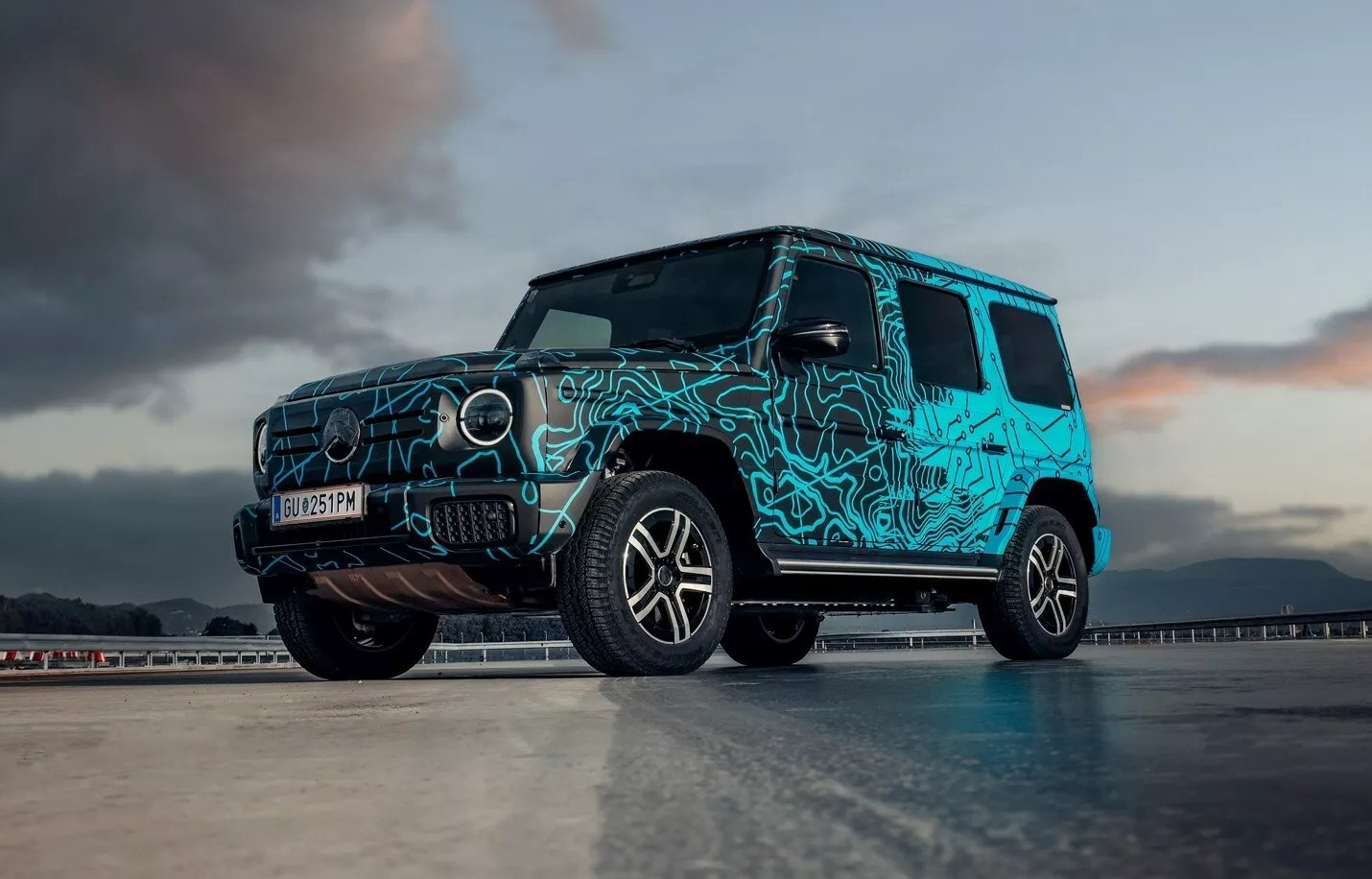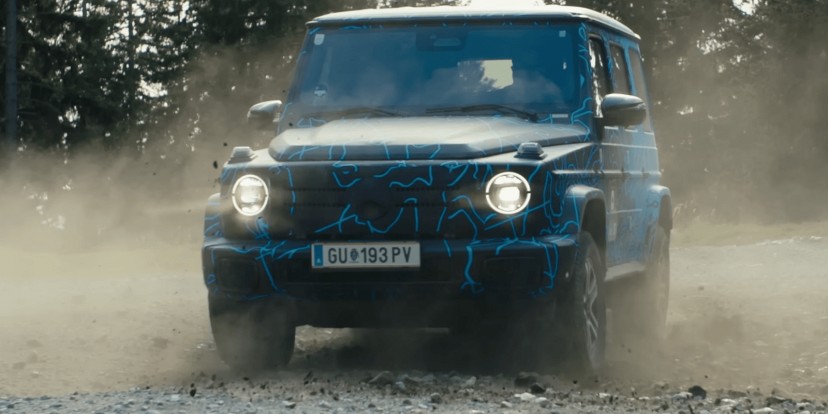In a recent evaluation conducted by Spanish outlet km77.com, the 2023 Mercedes-Benz EQS SUV 480 trim demonstrated some limitations in high-speed handling, shedding light on the challenges posed by the weight of electric vehicles (EVs), primarily attributed to their substantial battery packs.
The EQS SUV 480 boasts an impressive dual-motor setup, delivering a combined 536 horsepower, and is equipped with a substantial 108.4-kilowatt-hour battery pack, affording it an EPA-estimated range of 285 miles. However, this impressive range comes at a cost – a significant increase in weight. The vehicle tips the scales at a hefty 6,228 pounds, which can impact its agility and handling.
The moose test, a well-known assessment that simulates a sudden lane change to avoid an obstacle, was used to evaluate the EQS SUV’s high-speed maneuverability. Equipped with Cooper Zeon CrossRange tires, recognized for their high-performance characteristics, and featuring rear-wheel steering, the EQS SUV initially showcased its prowess by navigating a slalom course with ease.
However, when subjected to the moose test at speeds exceeding 41 miles per hour (66 kilometers per hour), the EQS SUV struggled to maintain control. The vehicle veered off course, akin to a video game character chasing in-game coins. Even a minor deviation of less than 1 mph above the prescribed speed limit resulted in understeer and an excursion beyond the designated course boundaries, a scenario that could translate to a real-life accident involving the vehicle leaving the road.
Comparatively, the Tesla Model X, a rival in the luxury electric SUV market, priced just below $80,000, demonstrated its agility in a similar test back in 2016. The Model X achieved success in the moose test at speeds of 43 mph, despite lacking rear-wheel steering. Notably, the Model X, while still a substantial vehicle, is lighter than its German counterpart, weighing approximately 5,300 lbs in its dual-motor configuration.
This assessment underscores a key consideration in the development of electric vehicles, as automakers strive to strike a balance between range and weight, a delicate equilibrium that can significantly impact a vehicle’s handling capabilities. As the EV market continues to evolve, manufacturers will undoubtedly seek innovative solutions to enhance the overall driving experience, particularly in high-speed scenarios that demand responsive handling.

